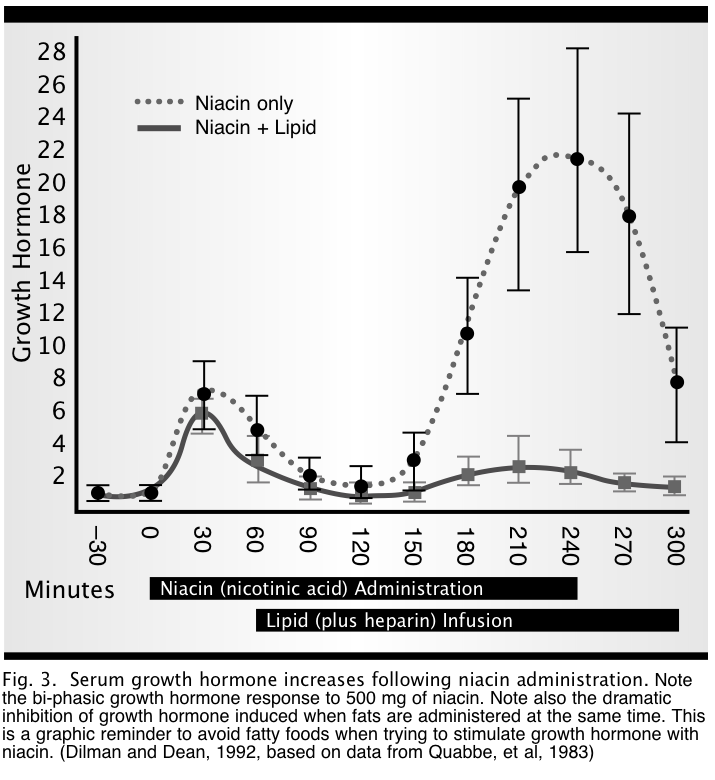I read a study that said that niacin increases lp-pla2, which is implicated in plaque rupture (which is the thing that causes heart attacks/strokes). So it's a double edged sword really. You raise your HDL but increase your chance of plaque rupture. I was taking 2g of niacin a day and sure enough, i tested my lp pla2 levels and they were high. So I went off the niacin. I think low HDL is something you just have to accept as part of AAS use, I think it's impossible to get every single biomarker within a healthy range especially if you're on higher doses. I think as long as you eat clean and try to control the other risk factors that you can (e.g. eating healthy, not smoking, reducing inflammation, using fish oil like you said), then that's the best you can do, plus wake up and pray every morning that you won't get health problems. Plus you said that your LDL is low so if your HDL:LDL ratio isn't too bad I wouldn't worry too much about it (stress raises cortisol which is bad for cardiovascular health also lol).
well i had been looking into niacin anyway since it works so well to detox cells... kind of a super anti oxidant that attacks the root instead of the symptoms... it works to liberate toxins from fat cells basically.., then they reach the blood and can be scavenged by anti oxidants
niacin also has some huge GH increasing properties and increases lipolysis (it actually blocks lipolysis and depresses FFAs in your blood for about an hour after you take it, but afterwards you get a huge increase in GH and a huge rebound surge of FFAs, meaning it increases FFA oxidation way over baseline)
you HAVE to be fasted though, or at least fats in the bloodstream block the GH effect:

timing can be tricky though since the huge GH surge (after the small initial one) appears after 3-4 hours and you have to be fasted (the whole time? thats the question)
i could make that work with my cutting workout regimen, but ill have to tinker with timing.
not sure if it makes a singificant difference anyway but it kind of interests me.